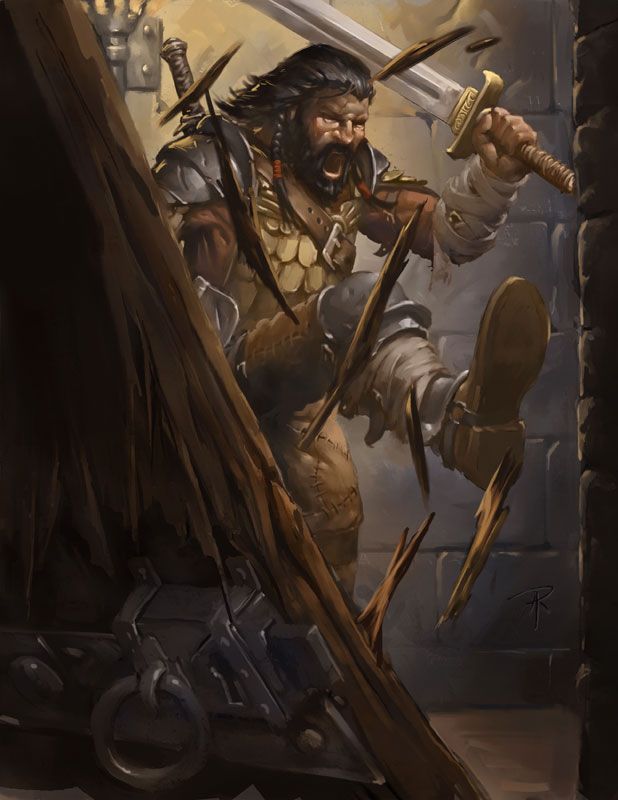Primary Attributes
Primary attributes are the defining ability statistic of each character's class, that underlie the character's capabilities while affecting success in the game world. Primary attributes play a pivotal roll in character creation and game play.
A fighter, for example, has the primary attribute of strength. The minimum strength to become a fighter is 9. This is not only a minimum limit when assigning ability stats to the character, but a recognition than any fighter with a less than 9 strength would be a very poor combatant. Thus when creating a fighter, the player is encouraged to allocate the character's highest roll to strength, because this would be that character's greatest need.
Experience Bonuses
There are seven distinct character classes that offer a notable 10% experience bonus to characters whose primary attribute surpasses a specified threshold. These classes include clerics, druids, fighters, mages, paladins, rangers and thieves.
Two of these require a strength of 16 or better in order for the bonus to be received: fighters and paladins. A ranger requires that both strength and intelligence be at least 16. Mages require a 16 intelligence; clerics and druids require a 16 wisdom; thieves require a 16 dexterity. Four classes cannot receive an experience bonus, regardless of their stats: assassins, bards, illusionists and monks.
Constitution & Charisma
Constitution, although not classified as a primary attribute for any particular class, frequently emerges as the most advantageous choice for a character's second-highest roll. This is due to its substantial influence on a character's hit points and overall health, making it a crucial consideration in character development.
Charisma is the primary ability for bards. It's also of particular benefit to paladins and druids, and to a lesser extent to all players, as charisma can open doors and win loyalty and followers through game play.
See also,
Multi-class Characters
Player Characters
